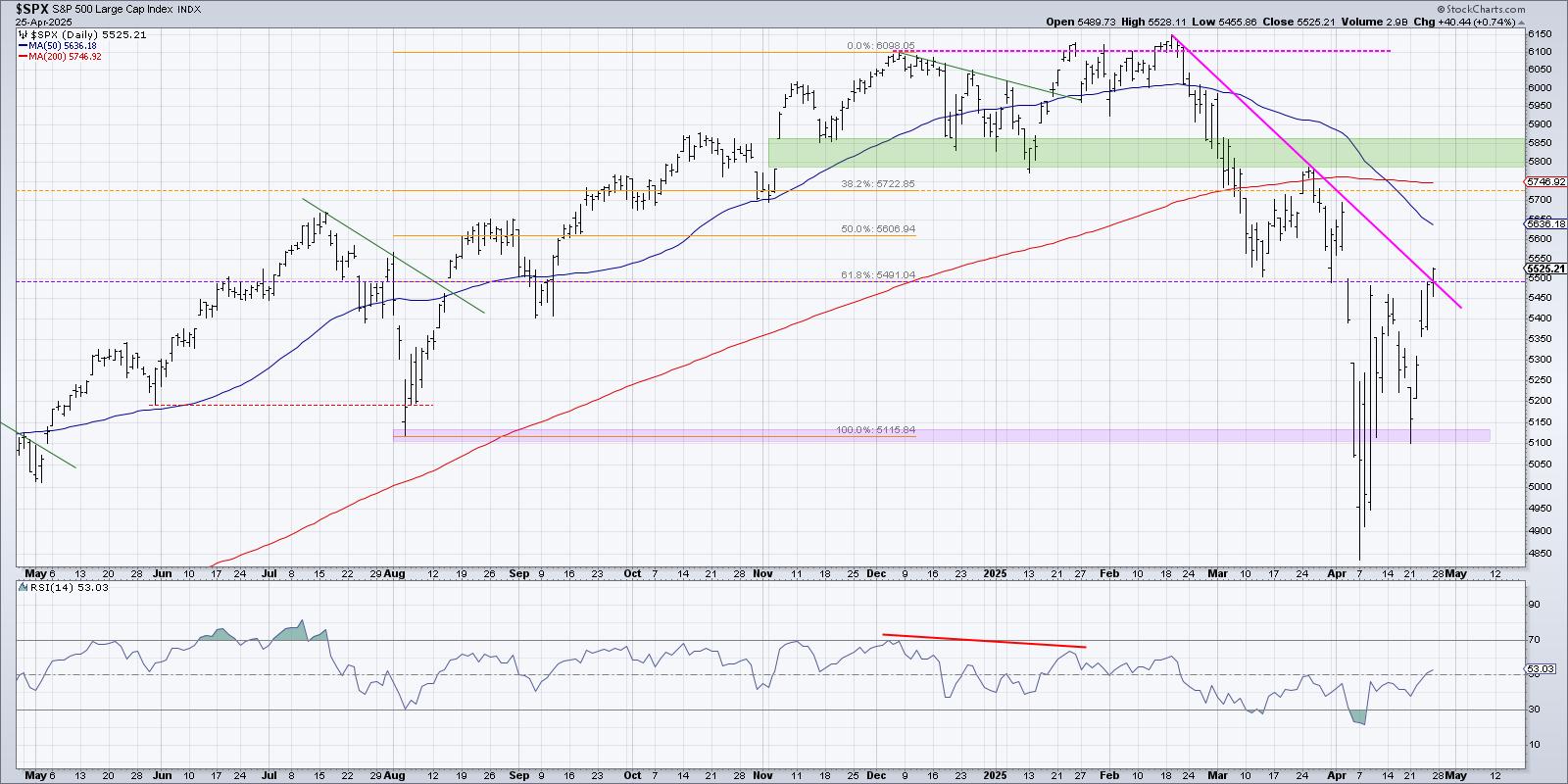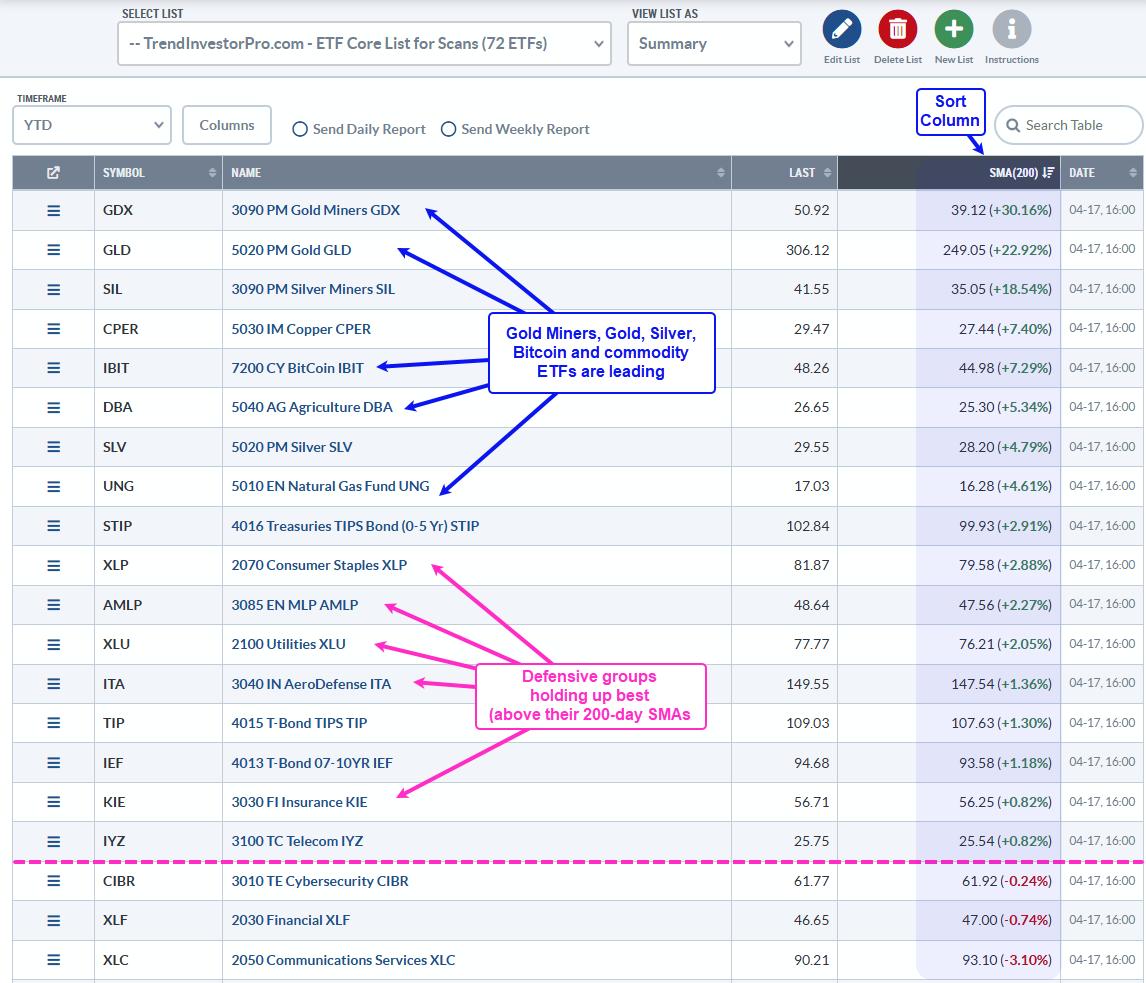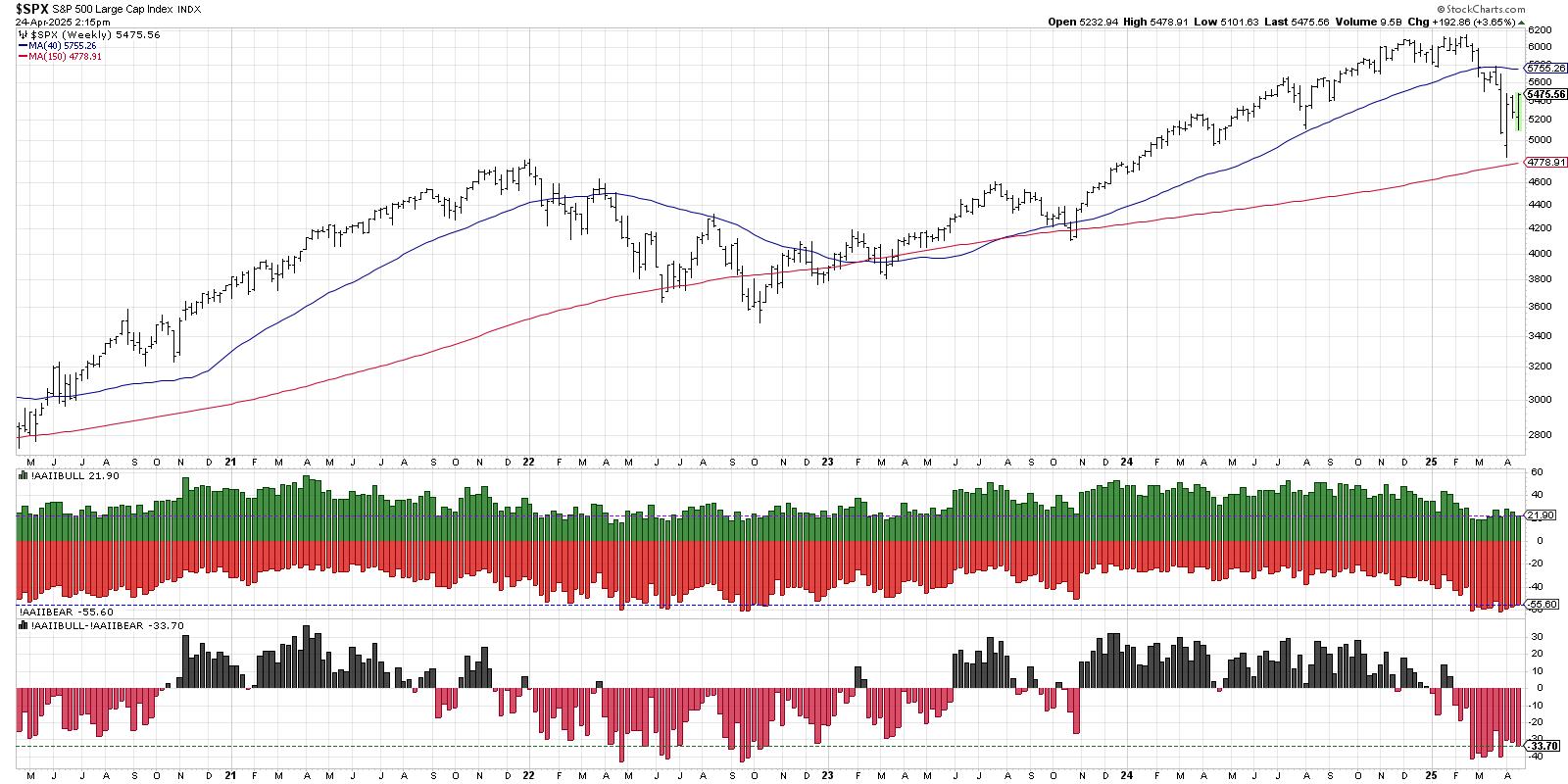
The essence of Stage 2 is that it requires an emotional and mental paradigm shift. It’s fine to view your investing as a hobby, but now I challenge you to embrace the mentality of a professional investor. Treat investing like a business.
- Build your own “trading place”. My office in downtown Seattle is 20 minutes from my home. When I walk through my office door, I adopt a totally different mindset. I’m not suggesting you leave home, but I am suggesting you create a personal investment cave where you are able to place yourself physically and mentally into the trader’s mindset.
- Don’t skimp on computer hardware or software. You should have the fastest and most reliable computer tools you can afford. They should be automatically backed up and incorporate anti-virus software running 24/7. Yes, you also need a laptop for when you travel. Make friends with a reliable computer tech. An investor is nothing without his or her tools!
- An ethos of organization breeds profits. Make a commitment to get organized and remain organized. Stay on top of your routines, your paperwork and your passwords. Disorganization breeds stress, and stress diminishes trading profits.
- Get curious. Infomaniacs really do make more money. In my classes, I teach the “investor’s quad” where one of the key pillars is the combination of education, curiosity and determination which will ensure that you keep growing as an investor.
- Don’t try to go it all alone. You need soft support from your friends and family. You need hard support from your bookkeeper, tax accountant and estate attorney. That’s just smart business. Decide what you’ll do yourself, for example, and if you’d be more effective asking your spouse to be the bookkeeper or hiring someone, then do it!. There are high and low leverage activities. You should decide which is which and then focus on the high leverage stuff.
- It seems reasonable here to segue into a discussion of legal and tax issues. I’ve found that one inexpensive way to stay current is to read the annual AAII summary of tax changes. Straightforward explanations of complicated tax codes, but essential to minimizing your tax payments and maximizing what you keep and can thereby reinvest. In addition, when you find your hobby becoming more serious, I’d suggest you read one of the excellent books out there on the tax advantages and disadvantages of classifying yourself as a trader versus an investor in the eyes of the IRS. If you think that might benefit you, talk to a tax attorney or accountant who specializes in this area.
- Accounting and investment software – these are not luxuries. If you don’t keep accurate records, I can assure you that you’ll pay too much in taxes. If you don’t use first class investment software, your trading decisions will be second class, too. I’m not in the marketing game, but I read the ratings and reviews put out by the AAII and make informed decisions based on that.
- Understand that you are the boss (although the market might be described as your mistress) and that you must therefore bring an entrepreneurial tenacity and work ethic to the table. In my previous Silicon Valley life, I was an entrepreneur – perhaps this explains why I so love trading. As an investor, I can choose what to trade, when to trade, how to trade and even with whom I choose to engage. What a great vocation! When I do it well, the market can be very generous. If entrepreneurship just sounds sexy to you but you don’t have the discipline to live it, then look for another hobby.
- It takes great business acumen to accumulate wealth, protect that wealth and grow it. The government hopes you forget about the fourth stage – passing on the wealth. If you don’t stay current and play the “estate plan update game” in which you are indeed a contestant, all may be lost. Exercise, stay healthy, plan out your retirement well, live a long life – but be sure to have lunch with your estate planning attorney every two years. That’s how you beat the government at its own game.
- You would be shocked at the size of the strategic planning division at Boeing. I’ll oversimplify this to make a point, but basically they put in writing all the previous nine points we’ve discussed. Most well managed companies do the same. As an investor who is acting like a professional business, you too need to put your tools, your methodology and your intentions in written form.
My closing thought is that none of these individual lessons standing solo will radically change your trading. It is when they are bundled together and embraced as a whole, the control and discipline they provide will garner you many “probability points” that’ll be reflected in your annual trading profits. Go for it. It’s there for the taking if you want it bad enough.
Trade well; trade with discipline!
-- Gatis Roze






